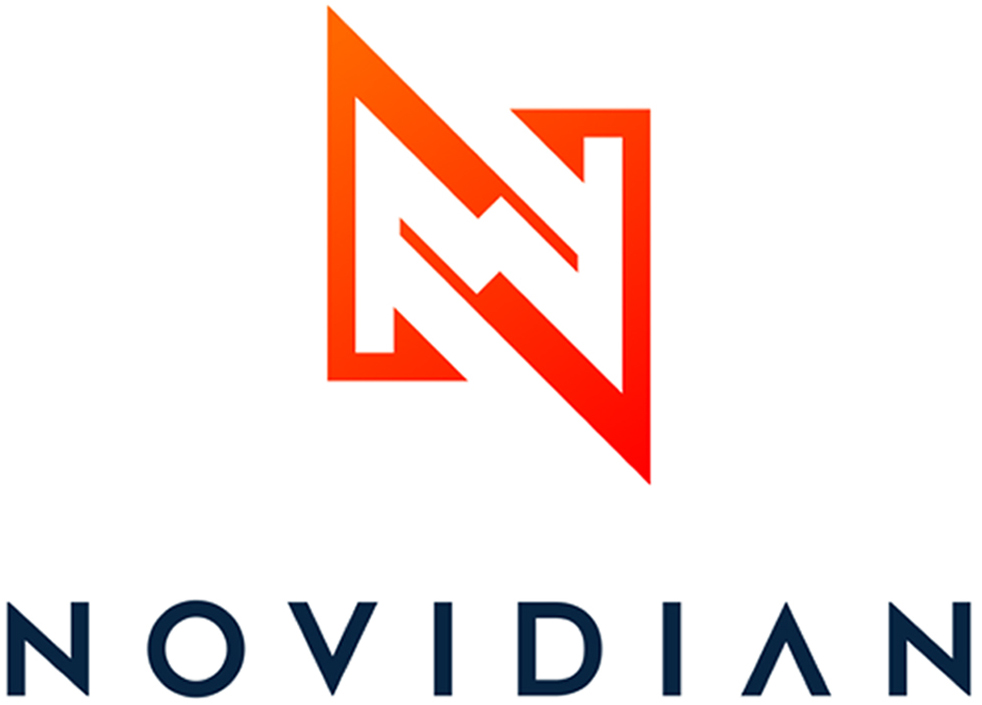For angel investors and family offices, working out a startup’s potential should go beyond market fit, team strength, and financials. One often overlooked but crucial factor is a startup’s technology stack—the combination of programming languages, frameworks, and infrastructure used to build and run the product. A poor tech stack can lead to scalability issues, security risks, and costly reworks, while a well-structured one can drive efficiency, innovation, and long-term growth.
Here’s why angel investors and family offices should prioritise checking a startup’s tech stack before writing a cheque.
Note: Our due diligence processes are just one way our PAYG CTO service can benefit investors. We work with angel investors and family offices to check tech startups are worth the investment. Get in touch if you’d like to work with us.
- A good tech stack reduces risk
Startups are inherently risky, and you should aim to reduce those risks wherever you can. A well-chosen tech stack signals that the founding team understands scalability, security, and operational efficiency. On the flip side, an outdated or poorly designed stack can lead to technical debt, slow product development, and downtime, all of which could put the startup at a competitive disadvantage.
Here are some questions to ask:
- Is the technology modern and well-supported? Outdated languages and frameworks can limit hiring and innovation.
- Does it allow for scalability? The tech stack should allow growth without requiring an expensive overhaul.
- Is security a priority? Startups handling customer data must use secure technologies.
- Scalability determines future growth
Many startups fail not because their idea is flawed but because they can’t scale their technology quickly enough to support rapid user growth. A tech stack that can’t handle increasing traffic or more functionality can lead to performance bottlenecks, frustrated customers, and lost revenue.
Consider:
- Cloud-based solutions (e.g., AWS, Google Cloud, Azure) for easy scaling.
- Microservices architecture rather than monolithic systems, allowing for modular growth.
- Efficient databases like PostgreSQL or MongoDB can handle large datasets and fast queries.
- The tech stack affects hiring and talent retention
A startup with an unusual or unpopular tech stack may struggle to attract and retain top development talent. Skilled developers prefer working with cutting-edge, in-demand technologies that offer career growth. Hiring becomes expensive and difficult if a startup relies on a rare or outdated tech stack.
Key questions to ask founders:
- Is the tech stack common and well-supported? Popular stacks like Python/Django, Node.js, and React have strong developer communities.
- Are there enough developers available for hiring? A niche language may reduce the talent pool.
- Does the team have the expertise to manage the stack effectively? Even the best tech stack fails if the team lacks the skills to work with it.
- Poor tech choices lead to technical debt
Technical debt occurs when shortcuts in software development lead to long-term inefficiencies and maintenance challenges. A startup that builds up too much technical debt will eventually face slow development cycles, increasing costs, and a system that fails.
Signs of technical debt to be aware of:
- Frequent system crashes or performance issues.
- Heavy reliance on workarounds and patches instead of clean fixes.
- A lack of documentation or codebase transparency.
- Resistance to adopting new features due to complexity.
By investigating a startup’s approach to tech debt management, you can avoid funding companies that might struggle with long-term sustainability.
- Cybersecurity and compliance risks
With increasing regulatory scrutiny and cybersecurity threats, a startup’s tech stack should prioritise security and compliance. Startups handling sensitive user data must follow industry regulations to avoid breaches, legal penalties, and reputational damage.
Investors should ask about:
- Encryption and data security practices.
- Regulatory compliance (GDPR, HIPAA, SOC 2, etc.).
- Incident response plans and security audits.
A weak security position can turn into an expensive liability, making it a key area to examine before investing.
- Open-source vs. proprietary technology
Many startups use a mix of open-source and proprietary technology. While open-source solutions can be cost-effective and flexible, they also come with risks like security vulnerabilities and reliance on community support. Proprietary tech, on the other hand, can provide unique competitive advantages but may have higher maintenance costs.
Here are some more things to consider:
- Does the startup rely too much on third-party dependencies?
- Is their proprietary tech truly innovative, or are they reinventing the wheel?
- What are the licensing and cost implications of their tech choices?
- The role of no-code and low-code platforms
Some startups use no-code or low-code platforms to quickly launch products without developer resources. While these tools (like Bubble, Webflow, or OutSystems) help with rapid development, they can stifle growth. Check whether a startup’s reliance on no-code solutions is a temporary speed-to-market strategy or a long-term crutch that could impact future scalability.
- Due diligence: More ways to evaluate a startup’s tech stack
You might not be technical experts, but you can still conduct effective due diligence by:
- Hiring Novidian to evaluate the stack – we’re PAYG CTOs and know what we’re looking at when reviewing technology stacks. We work with investors to make sure tech startups are worthy investments.
- Reviewing documentation on the tech architecture.
- Asking founders about past tech challenges and how they solved them.
- Speaking with the startup’s developers to understand their expertise and develop confidence in the stack.
A red flag would be a founder who can’t clearly articulate why they chose their stack or how they plan to evolve it as the company scales.
Assessing a startup’s tech stack is as important as evaluating its financials, team, and market opportunity. Solid tech foundations help with scalability, security, and sustainability, while a poorly designed one can lead to inefficiencies, costing you time and money and potentially failure. By incorporating technical due diligence into the investment process, you can make more informed decisions and back startups on an upward trajectory.
When considering your next investment, don’t just ask about revenue projections and growth strategies—ask about the tech stack. It could be the difference between putting your money into a thriving startup or a costly mistake. If you’d like help conducting the due diligence process, contact us.

